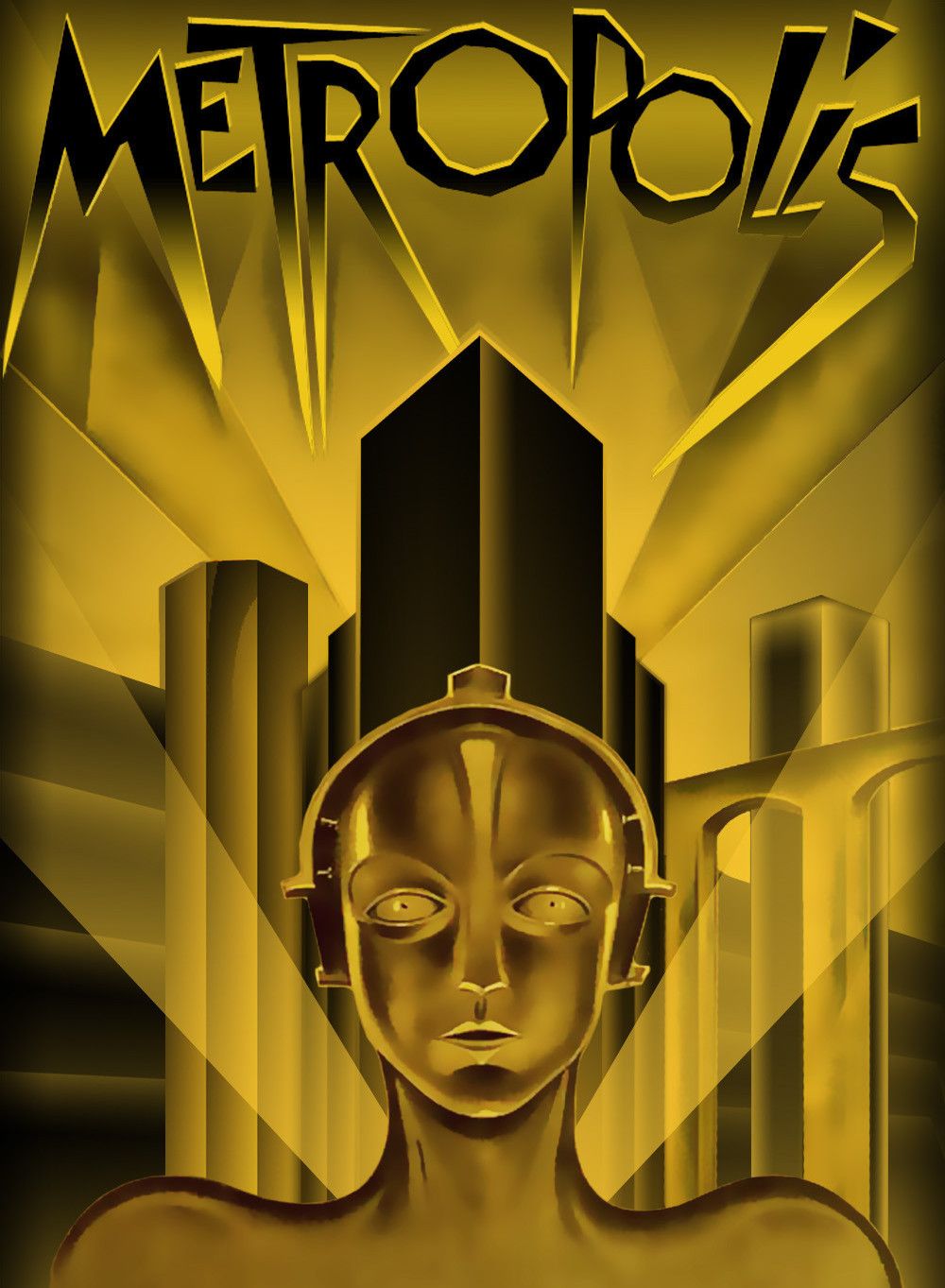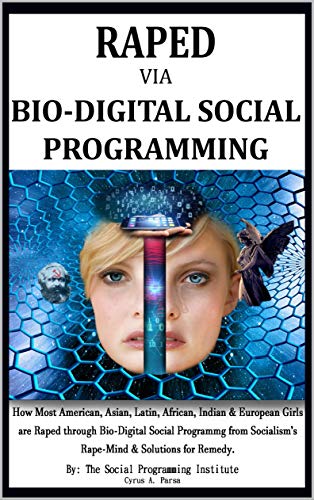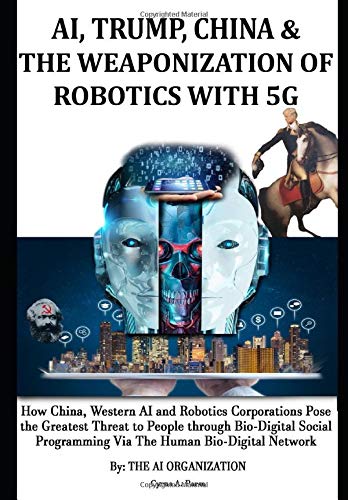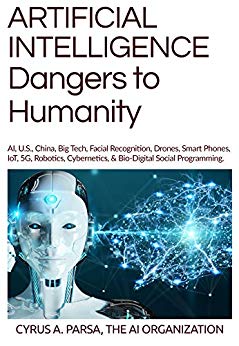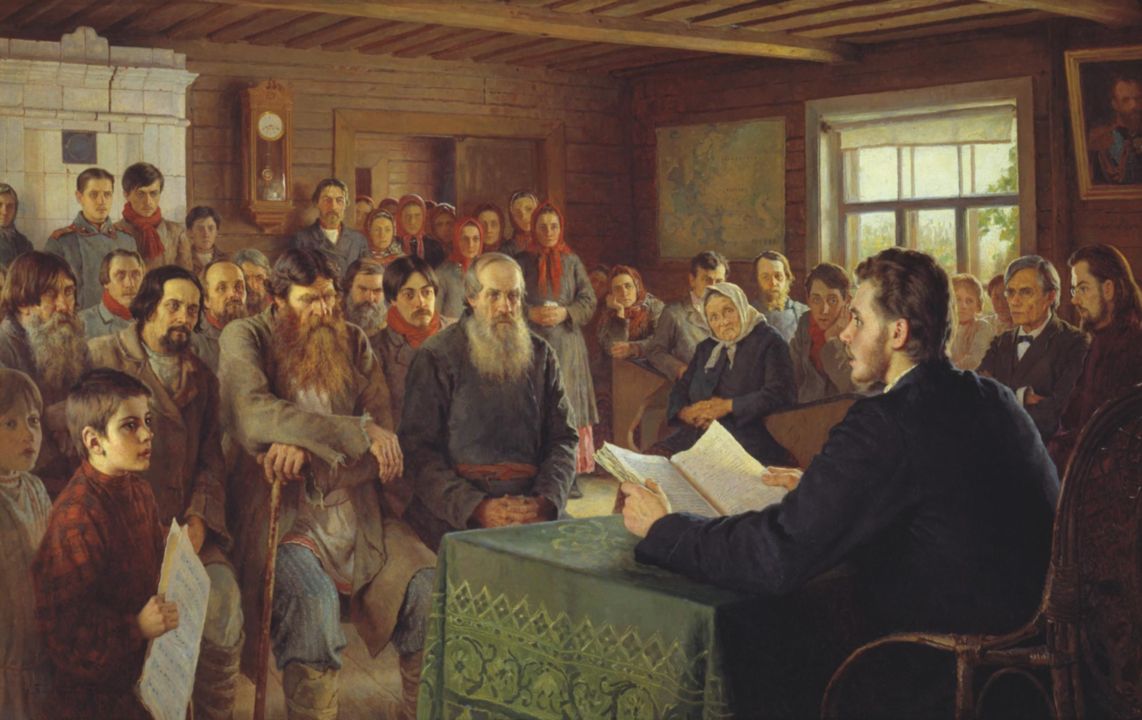How much of our humanity are we willing to lose? It would appear that this question is becoming most pertinent in our age. But another, more fundamental, question foregrounds this one – what is a human being? Are people bio-mass? If so, then only one idea is required to exist on this planet, namely, how best to manage populations.
If mankind is something other than bio-mass, then another idea is needed to live a happy and meaningful life, namely, how best to safeguard the value of the individual. Each answer also means that a particular type of government, or state, must come into existence – whether it be rule by an all-powerful polity before whose might, one person is worth nothing; or whether it be a limited government that does not stand in the way of the people.
As is obvious, the first question can only be answered properly within the context of either of these two ideas. The current “culture war” is, in fact, an expression of our inability to come to a definite answer for what a human being is. And in this confusion, the very notion of citizenship is fast disappearing. If a citizen is bio-mass, then his value to the state is determined purely by the state. If the citizen is not bio-mass, then his value exists beyond the reach of politics because he innately possesses individual sovereignty, or self-worth, which no court of law or government can take from him.
But the more powerful a state becomes, the less a human life is valued. Consequently, those who agree with the state are deemed “good citizens,” while those that deny the power of the state are held in contempt and labeled as, “dissidents.” Currently, in the West, both these ideas are in contention. Which idea will win out in the end, will decide what type of society comes to exist in the West.
Into this struggle intrudes technology, which has assumed the structure of the all-powerful state – because it is intrinsically about the micro-management and even control of individuals. But it is a “state” of a very peculiar type. We watch screens. The screens watch us. It really is a watcher’s world, in which the boundary between public and private life is much corroded, so that individuals must continually yield their sovereignty in order to access the various necessities now contained solely within technology.
Indeed, it is now impossible to deal with money, information and communication without the intermediacy of the screen. This means that whenever we need to enter into any sort of transactional relationship with the world around us, we need to go and interact with a screen. There really is no other choice. And this “screened” interaction means people must assume two roles – there are those who need what screens dispense; and there are those who mange this dispensation.
In other words, the watchers are watched. And those that watch, do so continually, ensuring that entire populations are under constant surveillance. In this way, technology has created an entirely new form of “politics” – one where constant surveillance both exploits and controls. It exploits by charting what we buy and then tagging us as specific types of consumers. And it controls by telling us what to think – so that screens determine our behavior. We agree to be watched so that we might reap the benefits provided by the screen.
But this is consent of a different kind, because there is no other choice. There is no alternative to the screen. This also means that there really is no consent at all, only compliance, if we want to participate in commerce, communication or banking. In this way, each of us becomes nothing more than a technological “process.”
Much has been written about the surveillance culture and the surveillance economy. But recently an interesting set of three books has been published by Cyrus Parsa, each of which explores the serious threat to humanity posed by technology. These three books were published quickly, from August to October 2019. And all three, offer troubling, if not shocking, insights as to what becomes possible when technology and the state become a seamless entity – a merging that is coming into being in the West, but which is fully entrenched in China.
The three books are meant to be read one-after-the-other, it would appear, since each develops and builds upon two themes – “bio-digital social programming” and the anti-human agenda embedded within technology. Since these books seem to be self-published, a good editor was certainly needed– but this drawback does not distract from the value of the insights and information provided by the author, for he brings to the discussion a point of view that is very little understood and therefore little discussed, namely, the vast anti-human possibilities of technology.
More importantly, Parsa also offers insights as to how we ought to answer the two questions that were raised at the very beginning: How much of our humanity will we agree to give up in order to use technology? And, how shall we define a human being, given the anti-human assumptions that are the modus operandi of high-tech?
In his first book, Raped Via Bio-Digital Social Programming, Parsa posits the idea that technology promotes a “rape-mind,” that is, a mind that is perpetually sexualized and therefore always looking to either rape or be raped. As an aside, Parsa is also creating a vocabulary to help in his analysis, because the topics that he is engaged in have been so little studied that they do not yet possess specific terminology. “Bio-digital social programming” is one such neologism, by which he means the connections made with the human body by all digital transmissions (machines, robotics, computers, smart phones, smart cities, IoT devices, facial recognition and Artificial Intelligence).
Parsa suggests that humanity now exists as a “bio-digital” entity, which learns and understands the purpose and meaning of life now only through technology. This interchange, or cross-over, means that the difference between humanity and robotics is starting to blur. If a human is merely a set of mechanical functions, then bio-digitality makes sense, where the desire of human existence to self-perpetuate is channeled off into technology.
This, then, calls into question the very purpose of sex itself – for freed from reproduction it can only become another form of self-gratification. And because of this separation of sex from procreation, the various hybrids being created become expressions of progress rather than monstrosity. This “logic” also informs the entire transgender movement, where a New Man can be created by chemical means.
Given technology’s assumption about the human body as a mechanical object that can be programmed, Parsa suggests that the most effective method of such programming is digi-sexuality, which is then managed through the various gadgets we all possess, such as, smart phones and IoT devices, and which together create a hyper-sexualized mind, or the “rape-mind.” Parsa then connects this mind with the great upsurge in human and child-trafficking, and a “pornified” youth culture, which seeks to not only imitate but outdo the sexual acts portrayed on the screens of their various devices.
Such “rape automation” offers a precise explanation of what human sexuality has been turned into by technology – wide-spread and freely-available pornography, epidemic levels of pedophilia, sex-robots as a growth industry, and the bizarre promotion by the state of transgenderism. In other words, what Parsa describes is a culture that no longer understands what it means to be human, because it has transformed sexuality into a mechanism for controlling populations, in that people become what they see on their screens.
In his second book, AI, Trump, China & the Weaponization of Robotics with 5G, Parsa delves into another neologism of his, namely, “micro-botic terrorism” (or, MBT), by which he means the weaponization of biometric data. Just as technology has weaponized sex, likewise the human body itself has been turned into an effective means to destroy the individual, so that if the metrics of the individual do not match the “ideal citizen” required by the state, then that individual becomes the enemy of the state, and is dealt with accordingly.
The state needs to know who its enemies are, and technology steps in to identify (or tag) such “undesirables,” by way data. This data is created in such a way that “enemies” can be easily recognized, marked off (tagged) and then dealt with. This data consists of facial recognition, fingerprinting, individual manner of walking and speaking, skeletal structure, eye-scans, and so on.
Our very bodies betray us to the state, in that “enemies” possess physical traits that are markedly different from those that support, comply and agree with the state. Thus, enemies of the state actually possess different faces, postures, speech, mannerisms, gait – which clearly marks them off from the “friendlies” of the state. In other words, in the process of mass surveillance of crowds, enemies can easily be identified.
Such is the grim message that Parsa meticulously lays out; and he identifies China as the foremost user of such anti-human technology. This is obvious, given the idea that China follows in its understanding of what a human being is – nothing more than bio-mass.
Aside from the well-known harvesting of organs from citizens that have been tagged as unfit to live in the “ideal China” (and the trade in such organs is brisk and highly profitable), China also has far grander ambitions. With the help of the big-tech corporations, it has gathered, or is in the process of gathering, bio-metric data of over 6 billion people on this planet.
This means that China now knows, for example, who belongs in the military, police, national security, academia, the government, as well as who belongs to which private sector. And it can also identify who are the friendlies within other nations, and which are enemies. Given the fact that humanity is bio-mass, if any mistakes get made and friendlies get killed by the state – it matters little, so long as the goals of the state continue to be achieved.
Using biometrics, Parsa also details how his own company analyzed one-thousand members of big-tech corporations and one-thousand high-profile media personalities, journalists and reporters. His conclusion was that they are all actively promoting the interests of China; they are friendlies.
If Parsa’s biometric data is correct (and if we assume that data does not lie), then his conclusions must come as a resopunding alarm bell, because those who manage how we receive information have entirely bought into the Chinese model of governance – and the Chinese understanding of humanity.
Next, Parsa details the weaponization of AI by China. This means that through the AI operating system, deep learning and machine learning, human-tracking technologies easily become human-targeting methodologies, where a mass-kill of humans can be done quickly and efficiently.
As a frightening example, Parsa details one current project of the Chinese – the tagging of “House Christians,” or those Christians who refuse to follow the party-approved “church” in which President Xi is given status equal to Christ.
These House Christians have had their biometrics recorded, and this data is then used to identity other House Christians in the general population. This means that the Chinese state recognizes as a fact that Christians look, walk, talk, and generally carry themselves differently from the larger, non-Christian population. The companies engaged in this surveillance are Huawei, Megvii Face++, Sensetime and several others, Parsa tells us.
The purpose of identifying Christians is not only to determine dissidents, but to tag them for organ harvesting – and they can be picked up anytime and rendered.
This is far more than execution. Given that in China humans are bio-mass, the state can remove, without any qualms, people deemed incompatible with, and not fit to live in, Chinese society. And those thus removed are made useful by way of their body parts. Thus, their kidneys, hearts, cornea, livers, lungs and other components are harvested and sold in the international market. Or, “medical tourists” come and receive whatever transplants that they need.
China has been doing such “harvests” for the past fifteen years, with anywhere from 60,000 to 100,000 organs harvested in each of those years. Tagged Christians are treated like livestock on the hoof, in that they are kept alive until their organs are needed.
Parsa’s research further shows that there are about 500 Chinese and 600 western AI and tech companies engaged in such collection and categorizing of biometric data, which is gathered by way of smart phones, IoT, automated vehicles, virtual reality, mixed reality, augmented reality, holograms, surveillance grids, and smart cities.
All this information has created a vast human-bio-digital network, wherein humans are connected to machines by way of the Internet and who can then be managed effectively. This means that people are tagged, classified, and their information stored for later use, as they walk about, unawares, on the street, or even as they carry on their private lives inside their own homes. Such AI reach is made possible by G5 and soon G6 technology, which China is rapidly expanding.
Again, given its understanding of humanity, it matters little if G5 and G6 pose a great health risk to people. Indeed, even now, China uses biometric data not only to gather and process individuals tagged for organ harvesting, but to construct vast concentration camps, where individuals are placed for eventual processing. Thus, China carries out the greatest amount of surveillance in its cities. And the same tagging process is being used to identify Hong Kong protesters.
China is also developing “micro-bots,” or “micro-drones,” also known as, Robo-Bees, or Slaughterbots, which are tiny, and insect-like, and which gather data by way of Lidar, facial recognition, and heat-body-motion detection.
These micro-bots have full spatial awareness and can be used for human targeting, in which case they can deliver lethal doses of poison with a quick jab. They can also be trained to swarm and carry out mass attacks on large crowds. Parsa suggests that China is actively using such technology against the United States, and that he has advised the current Trump-administration about this surveillance.
In his third book, Artificial Intelligence. Dangers to Humanity, Parsa fully engages with robotics, and issues an open challenge to the various high-tech firms that are intent on developing capabilities which will lead to profound anti-human outcomes. Taking the lead in this development is China’s robotic and cyborg program, whose sole purpose is the control of all humanity on this planet.
Parsa rightly points out that China has only been able to advance so much in technology because of outright theft (it has sophisticated methods of stealing the latest innovations), tech espionage, forced tech transfers, open-source sharing, and outright collaboration with western companies.
In Parsa’s estimation, China has roughly 1000 new tech startups each day. Some of the things these new companies are developing include robotics, cybernetics, wearable AI surveillance gear, deep fake apps that are easily weaponized, IoT, smart phones, drones, and AI weapons (in which the Chinese military is particularly active). The goal is to record the biometrics of every human being on this planet, a task that is not hard to do, as many might imagine, despite the vast numbers. In fact, AI is built for precisely such massive data.
It is this technology-theft and espionage that has led to the recent Huawei affair. Parsa states that the goal of China is to dominate and control AI and the entirety of the global digital system; and one of the programs that Huawei is implementing is a robot police force, which can effectively track down and quarantine a person who has been tagged for such treatment by the Chinese state.
Huawei is also a Chinese vanguard organization, well-established in over 170 countries, where it creates and manages digital infrastructure. This means that their technology is now being used by 3 billion people, which is a third of the planet’s population. Their network effectively tracks, spies on and controls financial networks and even entire populations. That is vast reach. In fact, Huawei is implementing China’s larger global goals – the domination of financial and political infrastructures of the entire planet, and then the transformation of these infrastructures into one seamless and massive AI digital mega-brain – all run from somewhere in China.
But it is humanoid robotics that holds a special interest for China, in which it is investing a lot of its energy. The end-game of this pursuit is the creation of autonomous weapons, a cyborg army, which can be programmed to kill certain types of humans who have been tagged for elimination. All this is for a very old dream – China wants to be the master of the world.
Then, there is China’s leading role in creating sexbots (which also gather data and transmit it to a centralized system). Such robots are becoming more and more lifelike, and their demand is increasing. Of course, this is also weaponized sexuality, for it is solitary self-gratification, which negates the very idea of love between two human beings, and rather quickly undermines human worth.
Perhaps the question that the rest of need to ask is a simple one – why has the West (which created all this technology in the first place) allow China to become so powerful? And why is a country, which is a clear threat to the West, being empowered still?
The answers to these two questions return us to the original ones asked earlier. The West is confused about how it should understand the human being. Some in power (high-tech companies, the media, Hollywood, politicians) want to follow the Chinese definition. Others are not so sure. And only a minority, it would appear, vehemently reject such classification. This is the real culture war.
And, as an active participant in this culture war, Parsa has taken another unusual step. He has commenced the largest lawsuit of this century by charging corporations, politicians, the media, and banks, under Article 3 of the Genocide Convention, for complicity in the mass murder of humanity. This is a bold step and it will be interesting to see where it leads – whether it is dismissed as frivolous by the courts, or whether it actually gains its sea-legs and proceeds further (as it rightly should).
Whatever the outcome of this lawsuit, Parsa has set a worthy example to us all. His three books are a wake-up call – and the time now has come that we take back our humanity – before we lose it to Chinese and tech tyranny.
But to do so, we must first demand that our politicians be pro-human. We must stop believing in all the anti-human ideologies that now hold sway (such as, environmentalism, transgenderism, abortion, euthanasia). Our strange love of such attitudes and outlooks can only lead to destruction.
We must reject the madness that is environmentalism, because it is simply Neo-Malthusian eugenics. We must demand that a “China Divestment Policy” be implemented, whereby each nation is freed from reliance on cheap Chinese labor (for the Chinese state has enslaved its own population). And most important of all, we must stop being so darned agreeable and compliant when it comes to our own future. The boldness shown by Parsa is much-needed. Let us get behind a cause that really matters – humanity first! A good place to start is the Lethal Autonomous Weapons Pledge.
The image shows a poster for the film, Metropolis, from 1927.
